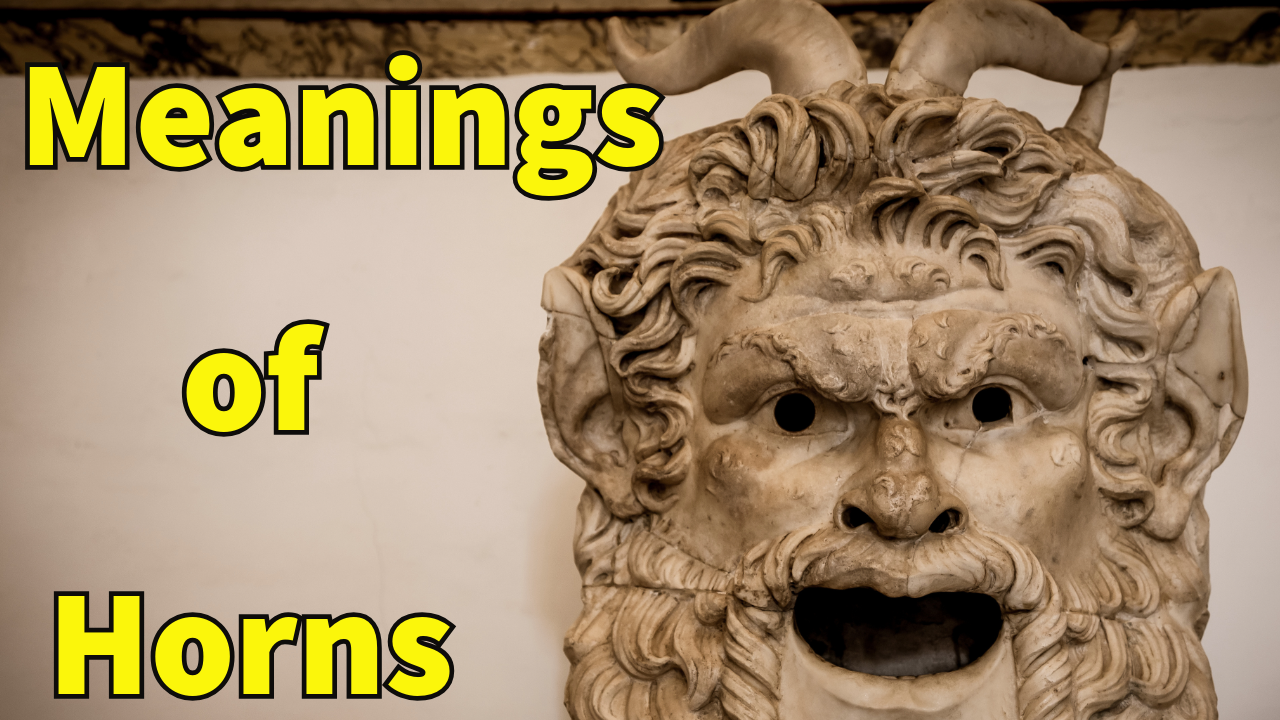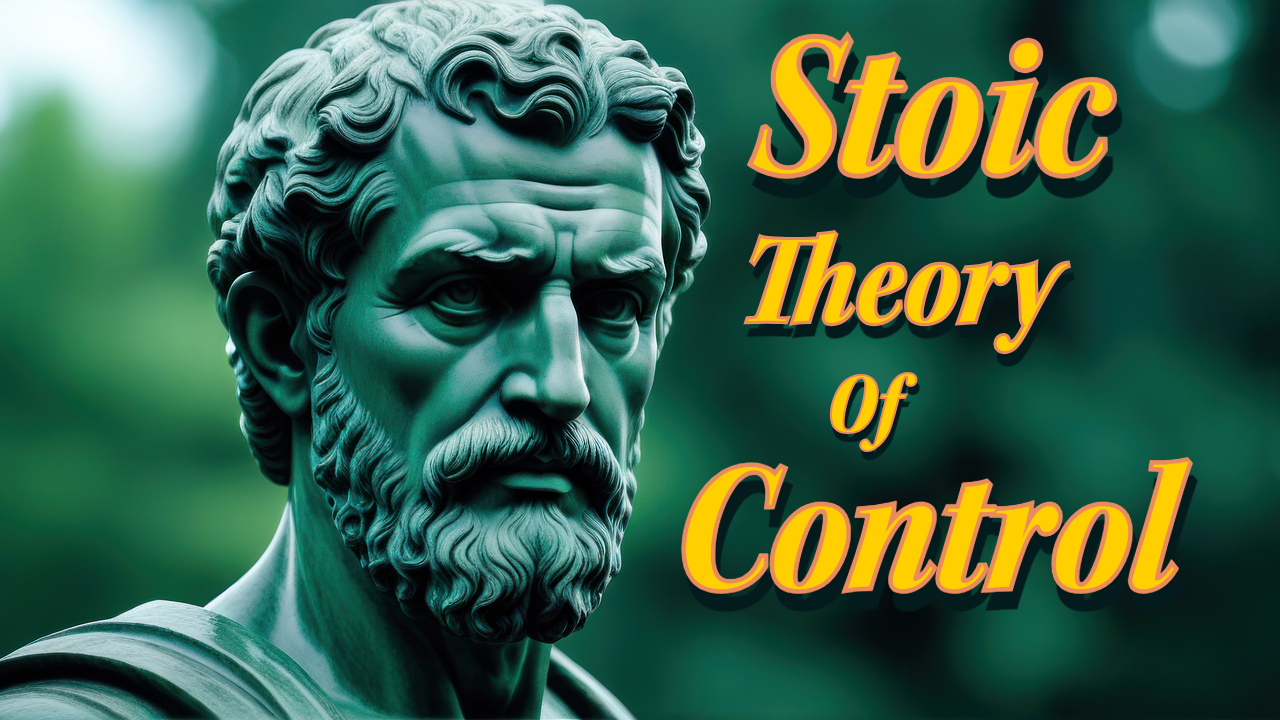
The labyrinth, a symbol of intricate design and profound meaning, has captivated human imagination for millennia. Found in various cultures across the globe, from ancient civilizations to modern interpretations, the labyrinth represents a journey of transformation, a metaphorical path that intertwines myth, symbolism, and human experience. In this article, we delve into the origins, myths, and deep symbolism associated with the labyrinth, seeking to unravel its mysteries and understand its enduring significance.
Origins and Historical Context
The labyrinth’s origins can be traced back to antiquity, with evidence of labyrinthine patterns found in diverse cultures including ancient Greece, Egypt, India, and Mesoamerica.
The theme of the labyrinth leading to one’s destiny is most clearly illustrated in one of the best-known stories from Greek mythology: Theseus and the Minotaur.
The word Labyrinth comes from the Greek labyrinthos and describes any maze-like structure. A labyrinth is a single-path, non-branching route leading to the center and back out, making it easier to navigate.
A maze is a complex branching puzzle with multiple paths and directions. Even so, the terms labyrinth and maze are often used interchangeably.
The term “labyrinth” has come to denote any unicursal maze, regardless of shape. Socrates described a labyrinthine argument as one where the path seems to loop back to the start, reflecting the idea of a complex but navigable route.
Although early Cretan coins sometimes feature multicursal patterns, the unicursal seven-course “Classical” design became associated with the Labyrinth on coins as early as 430 BC.
This design was widely used to symbolize the Labyrinth, even though historical and literary accounts suggest the Minotaur was confined in a complex branching maze. Despite increasingly elaborate designs, visual representations of the Labyrinth from Roman times through the Renaissance are predominantly unicursal. Branching mazes were reintroduced with the rise in popularity of garden mazes during the Renaissance.
The labyrinth/maze, then, may have served to help one find their mystical path by purposefully removing one from the common understanding of linear time and direction between two points. As one traveled through the labyrinth, one would become increasingly lost in reference to the world outside and, possibly, would unexpectedly discover one’s true path in life.
Labyrinths have appeared in various forms, such as designs on pottery and basketry, body art, and engravings on cave or church walls. The Romans created many decorative labyrinths in tile or mosaic, often large enough to be walked. Historically, labyrinths have been used for both group rituals and personal meditation.
Ancient Labyrinths
Pliny the Elder’s Natural History mentions four ancient labyrinths: the Cretan Labyrinth, an Egyptian Labyrinth, a Labyrinth on Lemnos, and an Italian Labyrinth.
The etymology of the word is linked to the Minoan labrys, “double axe”, the symbol of the Minoan mother goddess of Crete and royal authority, although the actual word is Lydian in origin, and most likely came to Crete from Anatolia through trade.
This connection supports the theory that the labyrinth originally referred to the Minoan royal palace in Crete, translating to “palace of the double-axe.” The term “-inthos” may mean “place,” as seen in names like Corinth. Symbols associated with the double-axe were found in the Minoan palace, often linked with female deities. In classical Greece, priests at Delphi were known as Labryades, or “men of the double axe.”
Greek mythology does not mention a specific deity presiding over the Labyrinth, although the goddess Despoine from Arcadian cults might have been associated with labyrinthine themes.
This figure might have been linked to a cult that influenced later Eleusinian mysteries.
The labyrinth of Knossos – Cretan Labyrinth
Knossos, in Crete, has long been suspected to be the site of the most famous labyrinth in history.
Researchers discovered bull motifs and depictions of a labrys, suggesting connections to the labyrinth. This association with the Minotaur myth has become a popular legend.
It’s the story of Theseus and the Minotaur. This labyrinth was designed by Daedalus for King Minos of Knossos on Crete to contain the ferocious half-man/half-bull known as the Minotaur, born from Queen Pasiphae’s cursed union with a bull.
It was an elaborate structure with winding passages and dead ends intended to confuse and trap the beast. Daedalus engineered the labyrinth so intricately that he himself had difficulty escaping after its completion.
Every year, seven young men & maidens were sent from Athens to Crete and then released into the labyrinth to be eaten by the Minotaur as a tribute.
According to the myth, Theseus, prince of Athens, ventured into the labyrinth with the aid of Ariadne, daughter of King Minos, who provided him with a ball of thread (the “Ariadne’s thread”) to navigate the maze.
Theseus successfully slew the Minotaur and found his way out using the thread, thus freeing Athens from the annual offering.
The Labyrinth of Egypt at Hawara
In Egypt, labyrinthine structures were associated with the complex and cyclical journey of the sun god Ra during the night, symbolizing death and rebirth.
One labyrinth stood near the foot of the Pyramid of Amenemhat the III at Hawara. It may have been a collection of funerary temples such as the ones that are commonly found near Egyptian pyramids.
The first major historian to discuss the labyrinth was the Greek author Herodotus, who, in his Histories, wrote that the structure surpassed the greatness of even the Egyptian Pyramids:
“The Egyptians made a labyrinth which surpasses even the pyramids. We learned through conversation with the Egyptian caretakers about the labyrinth’s underground chambers; they would by no means show them, as they were, they said, the burial vaults of the kings who first built this labyrinth, and of the sacred crocodiles…”
Diodorus Siculus also furthered the claim that the Egyptian labyrinth inspired Daedalus to build the Cretan labyrinth for King Minos.
Pliny the Elder , a Roman author and naturalist, described the structure in his Naturalis Historia, writing:
“There is still in Egypt a labyrinth which was the first constructed, 3,600 years ago. Many assert that it was a building consecrated to the Sun, an opinion which mostly prevails”
It is believed that the labyrinth at Hawara mirrored the afterlife. There were 42 halls throughout the structure which correspond to the Forty-Two Judges who preside over the fate of one’s soul, along with the gods Osiris, Thoth, Anubis, and Ma’at, at the final judgment in the Hall of Truth.
The labyrinth, then, could have been constructed to lead one through a confusing maze – much like the landscape of the afterlife described in the Pyramid Texts, Coffin Texts, and the Egyptian Book of the Dead – to lead one toward an enlightened state.
Following the fall of the Western Roman Empire, the ruins of the labyrinth were quarried for stone and after most of the stones had been carted away, the location of the structure was gradually forgotten.
So great was the site as a source of building materials that a small town grew up around the ruins, by the oasis of Faiyum.
There have been many other labyrinths around the world since ancient times from the structure built in Italy as part of the tomb of an Etruscan king, to those of an island in modern-day Russia.
Labyrinths were once part of the mortuary rituals of Britain, Ireland, and Scotland. They constantly reappear in different forms at different stages in the evolution of Celtic culture and some of them are earlier than the Minoan labyrinths.
The labyrinth as an idea is closely related to the knot: the line that winds all around a design. The difference is that, in a knotwork design, the line has no beginning and no end while, in a labyrinth, there is usually a starting point and a goal.
Both symbolize journeys. This might be a particular adventure or the overall unfolding of life itself. Labyrinths therefore form a visual counterpart to the epic folk-tale which often consists of a long and convoluted journey with episodes that repeat and double back on themselves.
A journey to the center of the self and out again and, in this way, the ancient symbol emerges as a tool for self-exploration and healing.
The Indian mandala is a geometric configuration of symbols and may reflect the labyrinth’s intricate paths, symbolizing the wholeness and unity of the universe.
It can be used to establish a sacred space and as an aid to meditation and trance induction.
A mandala called yantra takes the form of a square with four gates containing a circle with a center point.
A mandala can also represent the entire universe, which is traditionally depicted with Mount Meru as the axis mundi in the center, surrounded by the continents.
Mandalas often have radial balance, meaning they look the same after some rotation by a partial turn.
In the Rigveda, the various books progress along the same lines as a labyrinth, where one travels a mystical path alone to eventually merge one’s inner journey with the outer world.
In medieval Christian culture, labyrinths were integrated into the floors of cathedrals such as Chartres in France, serving as a metaphorical pilgrimage for believers. It was built between 1215 and 1221, making it the largest church labyrinth ever constructed during the Middle Ages.
The labyrinth also embodies a multitude of symbolic meanings that resonate deeply with the human experience:
Journey and Transformation: At its core, the labyrinth represents a journey of self-discovery and transformation. The act of navigating its twists and turns mirrors life’s complexities, challenges, and the search for meaning. Each step taken within the labyrinth symbolizes progress, introspection, and personal growth.
Unity of Paths: Unlike a maze, which is designed to confuse and challenge, the labyrinth has a single, non-branching path that leads to the center and back out again. This symbolizes the unity of all paths and the interconnectedness of life’s journey.
It teaches that despite different routes and experiences, there is a destination and purpose.
Cycles of Life: The labyrinth’s circular or spiral design mirrors the cyclical nature of life, death, and rebirth. It represents the eternal journey of birth, growth, death and renewal found in nature, seasons, and the cosmos. In this way, the labyrinth becomes a symbol of continuity and the eternal rhythm of existence.
Mystical Pilgrimage: Many cultures incorporate labyrinths into personal practices as a form of meditation and pilgrimage. Walking the labyrinth path becomes a metaphorical journey towards enlightenment, wisdom and divine union. The process encourages mindfulness, reflection and communion with the sacred.
Psychological Exploration: The labyrinth can be seen as the representation of the mind and the process of integrating one’s conscious and unconscious aspects to achieve psychological wholeness.
Therapeutic Practices: Labyrinths are increasingly used in therapeutic settings as tools for stress reduction, meditation, and reflection. Walking the labyrinth path fosters mindfulness, relaxation, and emotional healing, providing individuals with a tangible way to explore their inner landscapes.
Personal Change: The labyrinth in the Greek myth serves as the vehicle for Theseus’ transformation from a youth to a king. He must enter a maze no one knows how to navigate, slay a monster, and return to the world he knows. The labyrinth presented him with the opportunity to change and grow but, like many people, Theseus resisted that opportunity until change was forced upon him.
Occult Significance: Prehistoric labyrinths likely served as traps for evil spirits or paths for ritual dances. In medieval times, the labyrinth symbolized a mystical journey with a defined center (representing God) and a single entrance (symbolizing birth).
The labyrinth, with its rich tapestry of myths and profound symbolism, continues to captivate and inspire humanity.
Its enduring presence across cultures underscores its universal appeal and relevance, offering us a timeless symbol to navigate the complexities of existence and discover deeper truths within ourselves and the world around us.
In unraveling the myths and symbolism of the labyrinth, we unravel not just a physical maze but a symbolic journey that speaks to the essence of what it means to be human—a journey of discovery, transformation, and the eternal quest for meaning.
What do you think about the Labyrinth, its myths and symbolism? Let us know in the comment section and share the post!!!
Video version here:
The Labyrinth – Myths and Symbolism
Interesting sources, additional info, images, credits, attributions and other points of views here:
https://en.wikipedia.org/wiki/Minotaur
https://www.ashmolean.org/article/myths-of-the-labyrinth
https://en.wikipedia.org/wiki/Labyrinth
https://en.wikipedia.org/wiki/Hedge_maze
https://en.wikipedia.org/wiki/Maze
https://en.wikipedia.org/wiki/Caerdroia
https://en.wikipedia.org/wiki/Celtic_maze
https://en.wikipedia.org/wiki/I%27itoi
https://no.wikipedia.org/wiki/Den_julianske_borg
https://www.math.stonybrook.edu/~tony/mazes
https://www.astrolog.org/labyrnth/algrithm.htm
http://www.begehbare-labyrinthe.de/index.php?screen_width=1382&screen_height=744
http://www.mymaze.de/home_e.htm
http://www.indigogroup.co.uk/edge/Mazes.htm
https://www.theedkins.co.uk/jo/maze/intro/index.htm
http://www.labyrinthos.ch/Labyrinth-Hoehle.english.html
http://www.mi.sanu.ac.rs/vismath/morrison/
http://www.tmba.tv/3d-animation-studio/archaeology/labyrinth-egypt/
https://en.wikipedia.org/wiki/Labyrinth_of_Egypt
https://www.labyrinthpark.gr/en/history-of-labyrinth
https://www.worldhistory.org/Labyrinth
https://en.wikipedia.org/wiki/Mandala
https://www.metmuseum.org/art/collection/search/39738
https://www.cathedrale-chartres.org/en/cathedrale/monument/the-labyrinth
https://www.mazemaker.com/about
http://www.labyrinth-enterprises.com/
https://blogmymaze.wordpress.com
REFERENCES:
Hermann Kern, Through the Labyrinth, ed. Robert Ferré and Jeff Saward, Prestel, 2000, ISBN 3-7913-2144-7. (This is an English translation of Kern’s original German monograph Labyrinthe published by Prestel in 1982.)
Lauren Artress, Walking a Sacred Path: Rediscovering the Labyrinth as a Spiritual Practice, Penguin Books, 1995, ISBN 1-57322-007-8.
Lauren Artress, The Sacred Path Companion: A Guide to Walking the Labyrinth to Heal and Transform, Penguin Books, 2006, ISBN 1-59448-182-2.
Doob, Penelope Reed (1992). The Idea of the Labyrinth: from Classical Antiquity through the Middle Ages. Ithaca: Cornell University Press. ISBN 0-80142-393-7.
Herodotus, The Histories, Newly translated and with an introduction by Aubrey de Sélincourt, Harmondsworth, England, Penguin Books, 1965.
Karl Kerenyi, Dionysos: Archetypal Image of Indestructible Life, Princeton University Press, 1976.
Helmut Jaskolski, The Labyrinth: Symbol of Fear, Rebirth and Liberation, Shambala, 1997.
Adrian Fisher & Georg Gerster, The Art of the Maze, Weidenfeld & Nicolson, 1990. ISBN 0-297-83027-9.
Jeff Saward, Labyrinths and Mazes, Gaia Books Ltd, 2003, ISBN 1-85675-183-X.
Jeff Saward, Magical Paths, Mitchell Beazley, 2002, ISBN1-84000-573-4.
W. H. Matthews, Mazes and Labyrinths: Their History and Development, Longmans, Green & Co., 1922. Includes bibliography. Dover Publications reprint, 1970, ISBN 0-486-22614-X.
Andrew Stewart, One Hundred Greek Sculptors: Their Careers and Extant Works.
Henning Eichberg, “Racing in the labyrinth? About some inner contradictions of running.” In: Athletics, Society & Identity. Imeros, Journal for Culture and Technology, 5 (2005): 1. Athen: Foundation of the Hellenic World, 169–192.
Edward Hays, The Lenten Labyrinth: Daily Reflections for the Journey of Lent, Forest of Peace Publishing, 1994.
Carl Schuster and Edmund Carpenter, Patterns that Connect: Social Symbolism in Ancient & Tribal Art, Harry N. Abrams, NY, 1996.
Ettore Selli, Labirinti Vegetali, la guida completa alle architetture verdi dei cinque continenti, Ed. Pendragon, 2020; ISBN 9788833642222
Bulfinch,T. Bullfinch’s Mythology. The Modern Library, 2010.
Castleden, R. The Element Encyclopedia of the Celts. Harper Collins Publishers Ltd, 2013.
Diodorus Siculus. Diodorus Siculus’ Histories. Harvard University Press, 1939.
Hamilton, E. Greek Mythology. Easton Press, 1968.
Jung, C. The Portable Carl Jung. Penguin Classics, 1992.
Michailidou, A. Knossos – A Complete Guide to the Palace of Minos. Ekdotike Athenon, 2004.
Pliny. Pliny’s Natural History. Harvard University Press, 1938.
Rees, A. & B. Celtic Heritage: Ancient Tradition in Ireland and Wales. Thames & Hudson, 1961.
Strabo. Strabo’s Geography. Harvard University Press, 1928.
The Ancient Egyptian Labyrinth by Larry Orcutt
The Labyrinth: Archetype of Transformation for Global Healing by Annette Reynolds
Verner, M. The Pyramids: The Mystery, Culture, and Science of Egypt’s Great Monuments. Grove Press, 2002.
Waterfield, R. Herodotus: The Histories – A new translation by Robin Waterfield. Oxford University Press, 2006.
Wilkinson,R. H. The Complete Temples of Ancient Egypt. Thames & Hudson, 2000.
PICS
https://commons.wikimedia.org/wiki/File:Hawara-plan-complexe.jpg
https://bloggermymaze.wordpress.com/wp-content/uploads/2012/08/durchblick.jpg
https://www.worldhistory.org/uploads/images/3184.jpg?v=1636971301
https://www.worldhistory.org/uploads/images/399.jpg?v=1647026405
https://www.worldhistory.org/uploads/images/368.jpg?v=1670423643
https://commons.wikimedia.org/wiki/File:Sri_Yantra_256bw.gif
https://commons.wikimedia.org/wiki/File:Labyrinthus.svg
https://www.mskgent.be/en/collection/2014-p
https://commons.wikimedia.org/wiki/File:Knossos_silver_coin_400bc.jpg
https://commons.wikimedia.org/wiki/File:Edward_Burne-Jones_-_Tile_Design_-_Theseus_and_the_Minotaur_in_the_Labyrinth_-_Google_Art_Project.jpg
https://commons.wikimedia.org/wiki/File:Classical_7-Circuit_Labyrinth.svg
https://commons.wikimedia.org/wiki/File:Halebid2.JPG
https://commons.wikimedia.org/wiki/File:Inneres_der_Kathedrale.jpg
https://pixabay.com/illustrations/labyrinth-puzzle-maze-target-away-2037286
https://pixabay.com/photos/labyrinth-travel-stone-outdoors-3207046
https://pixabay.com/photos/maze-labyrinth-symbol-get-lost-56060
https://pixabay.com/photos/labyrinth-wall-stones-path-117278
https://pixabay.com/photos/labyrinth-lines-path-accessible-3339183
https://pixabay.com/photos/maze-intricacy-green-labyrinth-919271
https://pixabay.com/photos/maze-graphic-render-labyrinth-2264
https://commons.wikimedia.org/wiki/File:Minotaurus.gif
https://commons.wikimedia.org/wiki/File:Theseus_Minotaur_Mosaic.jpg
https://commons.wikimedia.org/wiki/File:Tondo_Minotaur_London_E4_MAN.jpg
https://pixabay.com/photos/dry-lake-bed-desert-dry-bed-lake-1191084
https://pixabay.com/illustrations/ai-generated-mystical-forest-secret-8268536
https://pixabay.com/illustrations/ai-generated-labyrinth-maze-choice-8636854
https://pixabay.com/illustrations/labyrinth-concept-maze-puzzle-path-8295703
https://pixabay.com/illustrations/tree-outdoors-nature-night-8692888
https://pixabay.com/photos/maze-grass-stones-stroll-games-5794008




